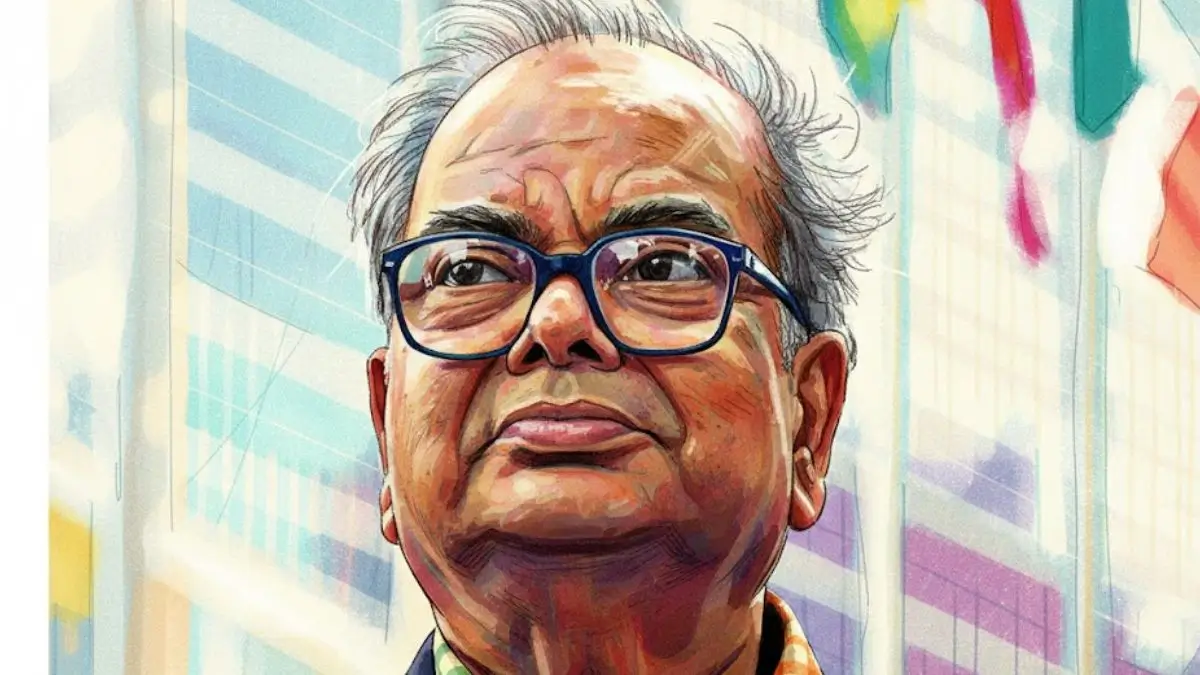India’s Foreign Kitty Reaches All-Time High at $689.24 Billion
Introduction: India’s foreign exchange reserves, often termed as the “foreign kitty,” have reached a fresh record high of $689.24 billion. This remarkable achievement is being hailed as a significant milestone in India’s financial growth, providing a buffer against economic uncertainties and fostering stability in the country’s currency. As the country strengthens its global economic standing, this development is expected to have a far-reaching impact on India’s trade, investments, and overall macroeconomic stability.
Surge in Foreign Exchange Reserves
India’s foreign exchange reserves witnessed a substantial increase, growing by approximately $12 billion in just a few months. The accumulation of reserves includes foreign currencies, gold reserves, special drawing rights (SDRs), and the reserve position with the International Monetary Fund (IMF). The surge in reserves is primarily driven by increased foreign investments, a reduction in trade deficits, and a stronger flow of remittances.
Benefits of a Strong Foreign Kitty
Having a strong foreign exchange reserve gives the Reserve Bank of India (RBI) more room to stabilize the rupee in times of volatility. It also enhances India’s capacity to pay for imports, fund its liabilities, and protect itself from external economic shocks. With reserves at this high, India is in a stronger position to manage inflation, support domestic currency stability, and build investor confidence. This is crucial for attracting more foreign investments, boosting economic growth, and mitigating potential financial crises.
Role of RBI in Managing Reserves
The RBI actively manages India’s forex reserves by intervening in the foreign exchange market. The central bank buys and sells foreign currency to smoothen currency fluctuations and prevent any adverse impacts on the economy. By maintaining a healthy foreign reserve, RBI can protect the economy from external shocks such as oil price hikes, geopolitical tensions, or trade wars. Moreover, a robust reserve aids in maintaining favorable credit ratings for the country on the global stage.
Global and Domestic Impact
India’s record forex reserves are not just a domestic victory but also have global significance. As the world’s fifth-largest economy, India’s strengthened forex position helps balance its external debts and international trade relations. Additionally, it contributes to domestic economic stability by making the country more resilient against external macroeconomic pressures. This heightened confidence among international markets can also result in improved investor sentiment and the possibility of attracting even more foreign direct investments (FDIs).

Why this News is Important
Enhancing Economic Resilience:
India’s record foreign exchange reserves provide a solid foundation for shielding the economy from global economic uncertainties. Amid growing concerns over inflation, global recession, and geopolitical tensions, a strong forex reserve helps India maintain its economic stability.
Boosting Investor Confidence:
The current high in India’s forex reserves is likely to boost investor confidence, leading to increased foreign investments. With improved financial credibility on the global stage, India stands to attract more investments, essential for infrastructure development, job creation, and overall economic progress.
Strengthening the Rupee:
A well-maintained foreign exchange reserve helps stabilize the Indian rupee, which in turn keeps import costs in check. This is especially important for a developing economy like India, which relies heavily on imports of essential goods such as crude oil, machinery, and electronics.
Historical Context
India’s foreign exchange reserves have been on a steady upward trajectory since the early 1990s, following the economic reforms that liberalized its trade and financial sectors. In 1991, India faced a balance of payment crisis with forex reserves dipping to a dangerously low level, prompting emergency economic measures. Since then, policy reforms, prudent fiscal management, and increased foreign investments have helped India build a solid reserve base. Over the past two decades, the country has diversified its reserves by including gold, SDRs, and foreign currencies. This latest surge to $689.24 billion marks a significant milestone in India’s financial history.
Key Takeaways from “India’s Foreign Kitty Reaches All-Time High at $689.24 Billion”
| Sr. No. | Key Takeaway |
|---|---|
| 1 | India’s foreign exchange reserves hit a new record of $689.24 billion. |
| 2 | The increase is driven by foreign investments, lower trade deficits, and a rise in remittances. |
| 3 | A strong foreign kitty strengthens India’s ability to manage currency volatility and external shocks. |
| 4 | The RBI plays a crucial role in maintaining these reserves to stabilize the economy. |
| 5 | High reserves are crucial for investor confidence and long-term economic growth. |
Important FAQs for Students from this News
1. What are India’s current foreign exchange reserves?
India’s foreign exchange reserves have reached a record high of $689.24 billion. This includes foreign currencies, gold reserves, special drawing rights (SDRs), and the reserve position with the International Monetary Fund (IMF).
2. Why is a high level of foreign exchange reserves significant for India?
High foreign exchange reserves provide India with the ability to stabilize its currency, manage external shocks, and enhance economic stability. They help in paying for imports, managing inflation, and building investor confidence.
3. How does the Reserve Bank of India (RBI) manage India’s forex reserves?
The RBI manages India’s forex reserves by intervening in the foreign exchange market. This includes buying and selling foreign currencies to smooth out fluctuations and stabilize the rupee.
4. What role do foreign investments play in increasing India’s forex reserves?
Foreign investments contribute significantly to the increase in forex reserves by bringing in foreign capital. This includes investments in Indian equities, bonds, and other financial instruments, which boost the country’s reserve assets.
5. How does India’s record forex reserve impact its global economic standing?
India’s record forex reserves strengthen its global economic standing by improving its credit rating, increasing investor confidence, and demonstrating economic stability, which can attract more foreign direct investments (FDIs).
Some Important Current Affairs Links

















